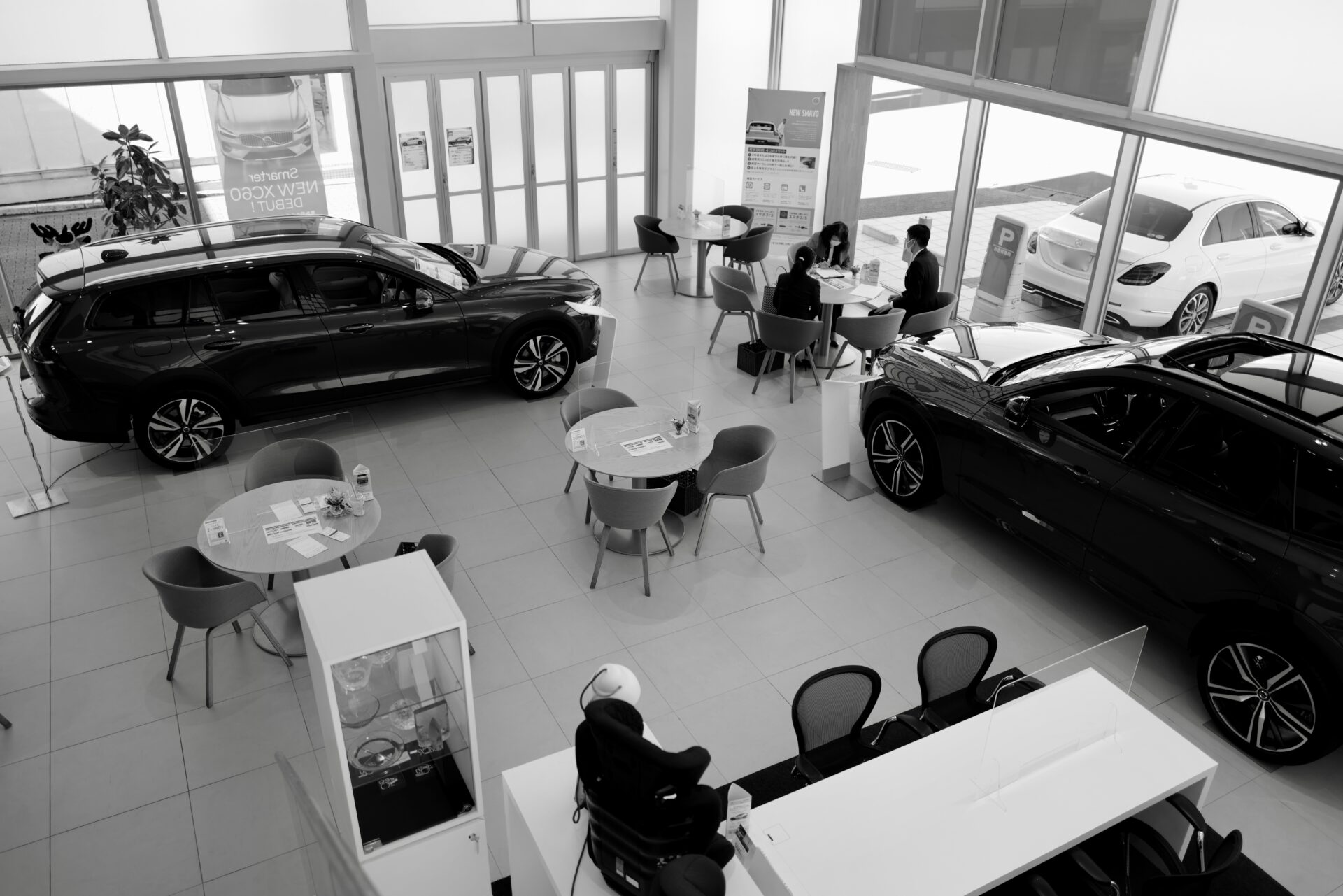Do You Need Full Coverage on a Financed Car?
Buying a car is a huge financial commitment, and if you’ve financed your vehicle, there’s a good chance your lender requires you to carry full coverage insurance. But what does that mean, and do you really need it? More importantly, when can you drop full coverage, and how do you ensure you’re not overpaying?
If you’ve been asking yourself these questions, you’re in the right place. In this guide, I’ll break down whether you need full coverage on a financed car, why lenders require it, how it protects you, and what happens if you drop it too soon.
By the end, you’ll have a crystal-clear understanding of car insurance requirements for financed vehicles and how to save money while staying protected.

What is Full Coverage Insurance?
Before we get into whether you need it, let’s define full coverage insurance.
Contrary to what the name suggests, “full coverage” isn’t a specific type of policy. Instead, it’s a combination of three key coverages:
- Liability Insurance – Covers injuries and property damage you cause to others in an accident. This is required in almost every state.
- Collision Insurance – Covers damage to your car if you hit another vehicle or object.
- Comprehensive Insurance – Covers non-collision-related damage, like theft, fire, vandalism, or natural disasters.
When you finance a car, your lender will almost always require collision and comprehensive coverage in addition to liability.
Why Do Lenders Require Full Coverage on a Financed Car?
Now, you might be wondering, “Why does my lender care what kind of insurance I have?” The answer is simple: they own the car until you pay off the loan.
Since the vehicle is technically their asset, lenders want to make sure it’s protected. If you get into an accident or your car is stolen, they want the assurance that insurance will cover the loss so you can continue making your payments or pay off the loan balance.
Here are the main reasons lenders require full coverage:
- Protects their financial interest – If your car is totaled or stolen, insurance pays for the damage, ensuring they don’t lose their investment.
- Prevents loan defaults – Without insurance, you’d be stuck paying off a car you can’t even drive, increasing the risk of defaulting on your loan.
- Ensures continuous coverage – Lenders don’t want gaps in coverage that leave them exposed to financial loss.
Most lenders won’t approve your loan unless you provide proof of full coverage insurance, and if you cancel it, they can take action (more on that below).
What Happens If You Drop Full Coverage on a Financed Car?
Let’s say you decide to cancel full coverage insurance on your financed car. What happens next?
- Your Lender Will Be Notified
- Insurance companies usually notify lenders when a policy is canceled or reduced below the required coverage.
- Forced-Placed Insurance (Lender-Imposed Insurance)
- If you don’t have full coverage, the lender may purchase their own insurance on your behalf (known as forced-placed insurance).
- This type of coverage is much more expensive than standard policies and only protects the lender, not you.
- Loan Default & Repossession Risk
- If you refuse to pay the forced-placed insurance, the lender can consider you in default on your loan.
- In extreme cases, they may even repossess the car. Think Operation Repo.
So, if you’re thinking about dropping full coverage before the loan is paid off, think twice! It could cost you way more in the long run.
When Can You Drop Full Coverage on a Financed Car?
The good news? You’re not stuck with full coverage forever. Once you’ve paid off your loan, you’re free to choose your own insurance coverage.
Here’s when you can consider dropping full coverage:
- When your loan is fully paid off – Once you own the car outright, lenders have no say in your insurance. Check out these tips to pay off your loan faster.
- If your car’s value has significantly depreciated – If your car is only worth a few thousand dollars, it might not make sense to pay for comprehensive and collision coverage.
- If you can afford to replace the car out-of-pocket – If you have enough savings to cover repairs or replace your car after an accident, you might not need full coverage anymore.
However, even if full coverage isn’t required, you should still consider keeping comprehensive and collision insurance if:
- You live in an area with high accident rates or extreme weather conditions.
- Your car is still relatively new and expensive to repair.
- You can’t afford to replace your car if it’s totaled.
How to Save Money on Full Coverage Insurance
Full coverage can be expensive, but there are ways to reduce your premiums without sacrificing protection.
- Increase Your Deductible
- Raising your deductible from $500 to $1,000 can lower your monthly payments.
- Bundle Your Insurance Policies
- Many insurers offer discounts if you bundle auto and home insurance.
- Take Advantage of Discounts
- Look for discounts based on good driving records, low mileage, defensive driving courses, or being a safe driver.
- Compare Quotes from Different Insurance Companies
- Don’t settle for the first policy you find—shop around and compare rates.
- Improve Your Credit Score
- Many insurance companies use credit scores to determine premiums. A higher credit score can mean lower rates.
By using these strategies, you can keep full coverage insurance without breaking the bank.
Final Thoughts: Do You Really Need Full Coverage on a Financed Car?
If your car is still financed, the short answer is yes—you need full coverage. It’s not just about protecting yourself; it’s about meeting your lender’s requirements so you don’t risk forced-placed insurance or even repossession.
However, once your loan is paid off, you have more flexibility. You can drop full coverage if your car is older, worth less, or if you can afford to replace it out-of-pocket. But for most people, keeping comprehensive and collision coverage is still a good idea.
At the end of the day, insurance is about protecting your financial well-being. The right coverage ensures that one accident won’t put you in a financial hole.
Your Turn: Are you currently financing a car? Do you think full coverage is worth it? Drop a comment below—I’d love to hear your thoughts!
